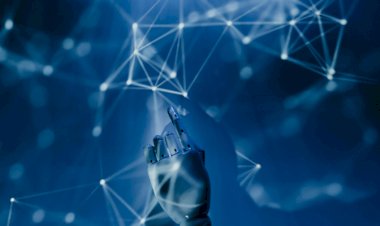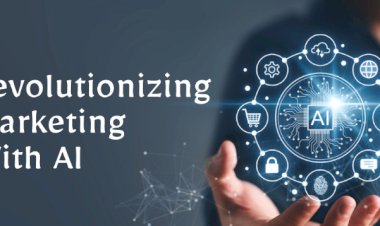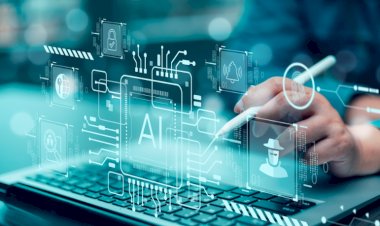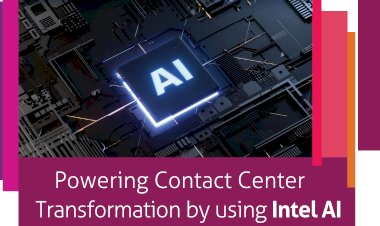AI Regulations: From Algorithms to Accountability
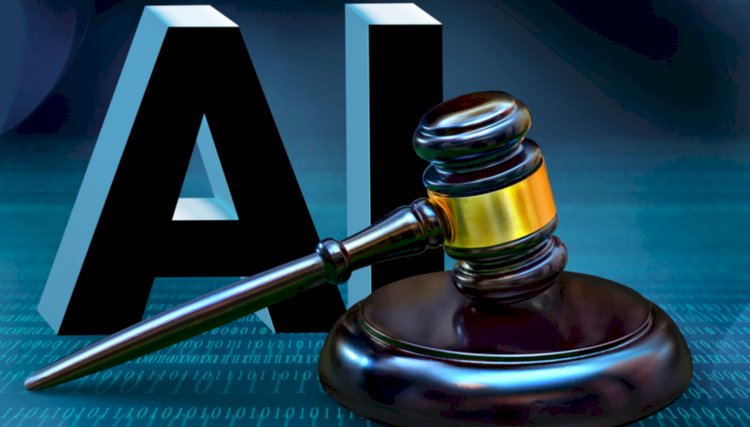
Artificial Intelligence has quickly moved beyond science fiction and into our daily lives. It runs our search engine, makes purchasing and viewing recommendations, helps physicians diagnose patients, and even operates our vehicles. Artificial intelligence (AI) has become an integral part of our everyday lives, posing a number of ethical, legal, and regulatory problems that call for careful consideration and early action. In the era of rapid technological advancement, the issue of AI regulation affects not only legislation but also the structure of our society, the health of our economy, and the protection of our rights and morals. It necessitates educated participation and flexible laws to guarantee that we maximize the potential.
Harmonized standards are necessary due to the cross-border nature of AI in order to prevent regulatory fragmentation, inefficiencies, and difficulties with compliance for multinational corporations. Furthermore, uniform international norms can guarantee that AI is produced in accordance with moral principles, averting situations in which various areas embrace ethically divergent AI development strategies. By giving you and investors clarity, encouraging international cooperation in AI research and development, and ensuring that they are implemented responsibly and in accordance with common norms and standards, it promotes innovation.
These discussions are greatly aided by international institutions like the Organization for Economic Cooperation and Development (OECD), the World Trade Organization (WTO), and the United Nations (UN). They offer forums for exchanging best practices, creating standards, and achieving agreement on guiding ideas. Furthermore, agreements between nations on a bilateral and multilateral level might create common ground. Public-private partnerships are collaborative efforts between governments and technology corporations that facilitate industrial innovation and regulatory compliance by using valuable expertise and working hand in hand.
It is critical to keep in mind that the road toward AI regulation is still being traveled. Technology is developing at a never-before-seen rate, and moral questions are always coming up. Because of this, our legal system needs to be flexible, sensitive, and adaptive in order to take new developments and ethical revelations into account. Each and every stakeholder is vital to this project. In the end, we can work together to make sure that laws pertaining to AI preserve our common ideals and serve the greater good.

